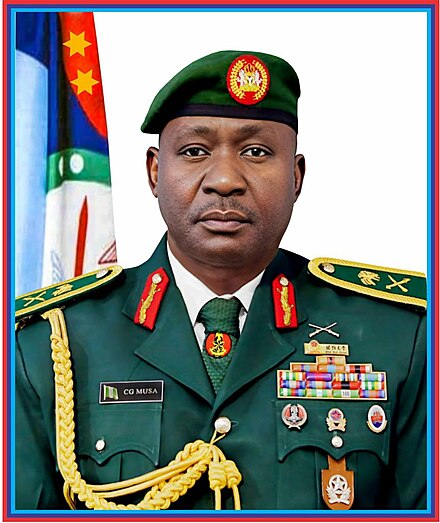
By Ismaila Chafe
Abuja, Jan. 18, 2022 (NAN) The Presidency says despite yearnings to return to the old social order of embezzlement of public funds by some political elites, President Muhammadu Buhari’s legacy is strong and will be difficult to dismantle.
Malam Garba Shehu, the president’s media aide, stated this in a statement on Wednesday in Abuja.
According to him, such politicians are eager to return to “good old days’’ of easy export of ill-gotten money to foreign bank accounts, saying the last thing they want is `another Buhari’.
The statement read in part: “So many of the political elites of this country cannot wait for the President’s second term in office to end.
“They yearn for a return to the good old days of helping themselves to public funds with abandon, the easy export of ill-gotten money to foreign bank accounts, of acting without responsibility, accountability, or censure. The last thing they want is ‘another Buhari’.”
“Even though the President will stand down after the election of a successor next year – whether that successor lives up to the exacting standards and example he has set or not – his legacy is strong and will be peculiarly tough to dismantle:
These are “The successful repatriation of stolen funds from decades of export abroad and its use to fund social, unemployment and welfare programmes for the poorest; reforms that have taken the steam out of centuries-long ethnic and tribal disputes – such as the farmer-herder clashes – long used to stoke ethnic and regional tensions by venial politicians for political advantage; and the protection of millions through an effective vaccine roll-out programme.
“These are just a tiny handful of the achievements of the President.
“But, perhaps,his greatest achievement is to break the belief that Presidents of Nigeria take the office and use it to enrich themselves and their accessories at the public’s expense.
“That wicked spell is broken for good. And it has offended politicians everywhere.
“They thought the state owed to them while the people provided for the state. Instead, they have witnessed how, when the state owes to them nothing, it provides for the people.’’ (NAN)





